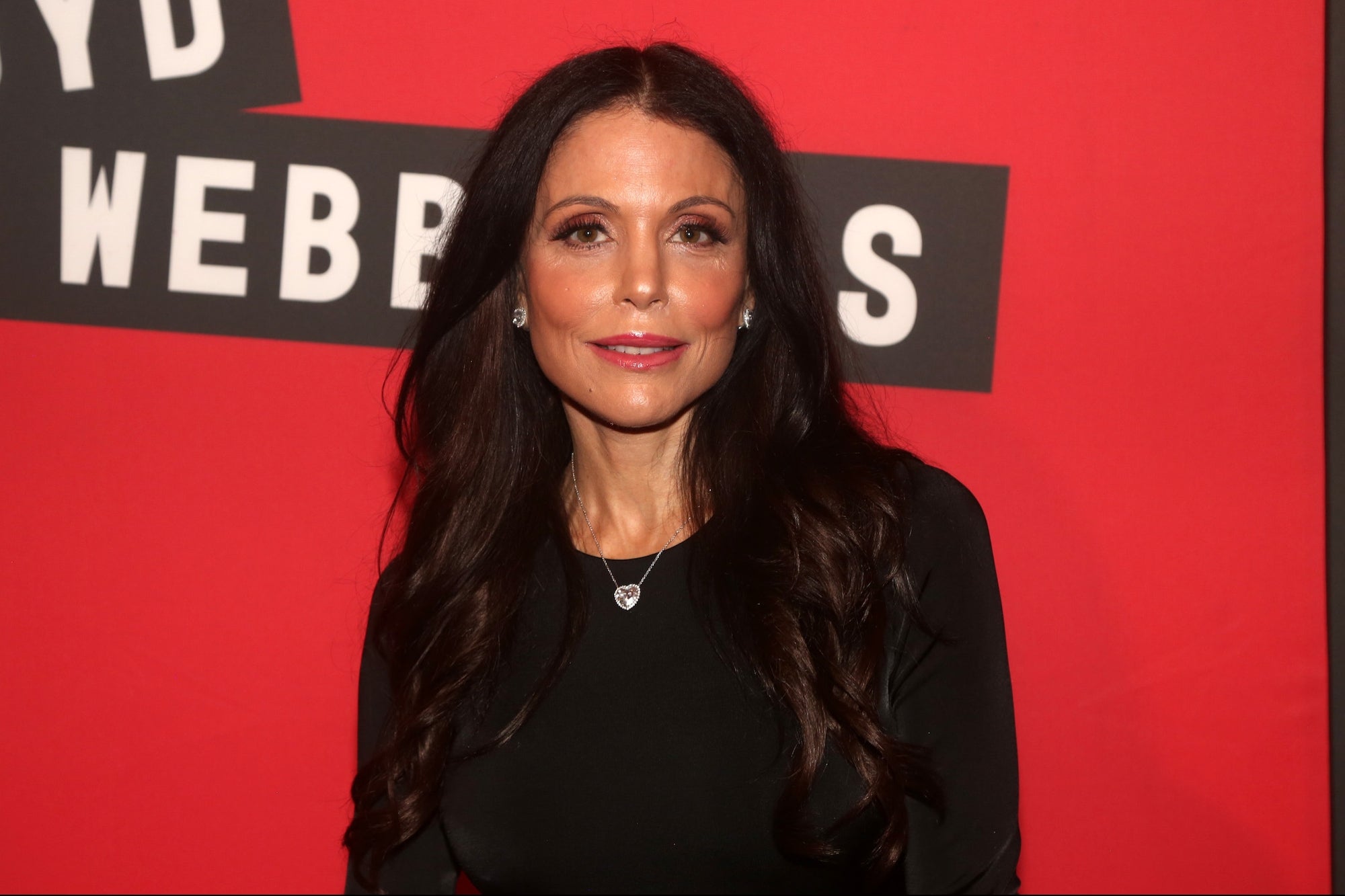5 Lessons Venmo's Co-Founder Learned While Building a Twice-Acquired CompanyThe co-founder of the mobile payments service shared his wisdom during a keynote address at the #StartupColumbia conference.
By丽迪雅Belanger•
Opinions expressed by Entrepreneur contributors are their own.

Laziness led to the creation of Venmo, a mobile payments company acquired by Paypal in 2013 that processed $7.5 billion last year.
Seven years ago, Venmo co-founder Iqram Magdon-Ismail and his former University of Pennsylvania roommate, Andrew Kortina, were at a funk concert in Philadelphia when they conceived of the idea to send money via their phones. They were in the balcony and "too lazy" to go downstairs and tip the band.
Three weeks later, Magdon-Ismail went to visit Kortina in New York and forgot his wallet. It was then that they got serious about refining the idea for their mobile payment service and building a prototype.
"Sometimes building something that directly improves your life is a great way to invent something that improves the lives of others," Magdon-Ismail said Friday at the third annual#StartupColumbiaentrepreneurship festival.
Related:Crash Course in Business Plan Competitions
Here are the main lessons Magdon-Ismail learned along the way that helped him shepherd his company from the idea stage through two acquisitions.
1. "We're always thinking, "how could we apply this product to everyone?'"Unlike PayPal, which later acquired Venmo (more on that later), Venmo would allow mobile users to pay anyone, as long as they had that person's phone number. At the time, that's what made most sense for the co-founders in building the service, but they never expected the phone number aspect would be what would make it go viral. Nonetheless, that "social network" component made Venmo available to millions of people who now exchange billions of dollars via the mobile app each year.
(The FTC is currentlyinvestigatingVenmo in connection with potential unfair trade practices.)
2. "It's important to experiment. Once something sticks, go big. Be relentless about handling failure with persistence and positivity."When Magdon-Ismail and Kortina started Venmo, they initially viewed its largest market as food trucks, who could use the service to exchange money with customers. Specifically, they labeled the market for the product as "every food truck in the world!" Investors weren't sold on the idea.
Later, they transitioned to a charity model. They tried using Venmo for charitable donations at a Will.i.am concert, but the audience wasn't so keen on the idea.
For a time, the co-founders also considered focusing on merchants. "Now there's something calledSquarefor that," Magdon-Ismail says.
They finally landed on Venmo with Friends, the basis for the app as it exists today. After an angel investment, the company took off, and the app launched on June 5, 2012.
Related:Businesses Can Soon Accept Payments Through Venmo
3. "Early instincts can carry you a long way."And by a long way, Magdon-Ismail means two major acquisitions. Despite the promise the app showed for adoption, the company was losing money. It would have taken hundreds of thousands of dollars from investors to even break even, Magdon-Ismail explains.
The co-founders weren't deterred by the prospect of their company being acquired. When one of their investors suggested they explore an offer from another company in his portfolio,Braintree, they took the deal. "Braintree saved Venmo's life," Magdon-Ismail says. It was then that the duo could finally see their initial instincts for Venmo fully realized.
4. "We're just getting started."While working on Venmo one day, Magdon-Ismail was listening to Stevie Wonder's live concert,"Live at Last."At one point, Wonder shouts to his audience, "We're just getting started!"
"That's how I look at life," Magdon-Ismail says. Now that Venmo is doing so well, Magdon-Ismail no longer works full time with the company. He's recently invested in aHR job-matchingcompany and a ManhattanSri Lankanrestaurant. He's also working on analbum.
Related:Papa John's Launches Venmo-Powered Digital Platform to Split Bills
5. "Work with people you love. Love will lead the way."Though he was running out of time to finish his talk, Magdon-Ismail made sure to save a moment to share a photograph of Venmo's staff right before the company moved from Philadelphia to New York.
It's important to step back and think about all of the "memories that you'll build with people that you're in the trenches with," he says.










